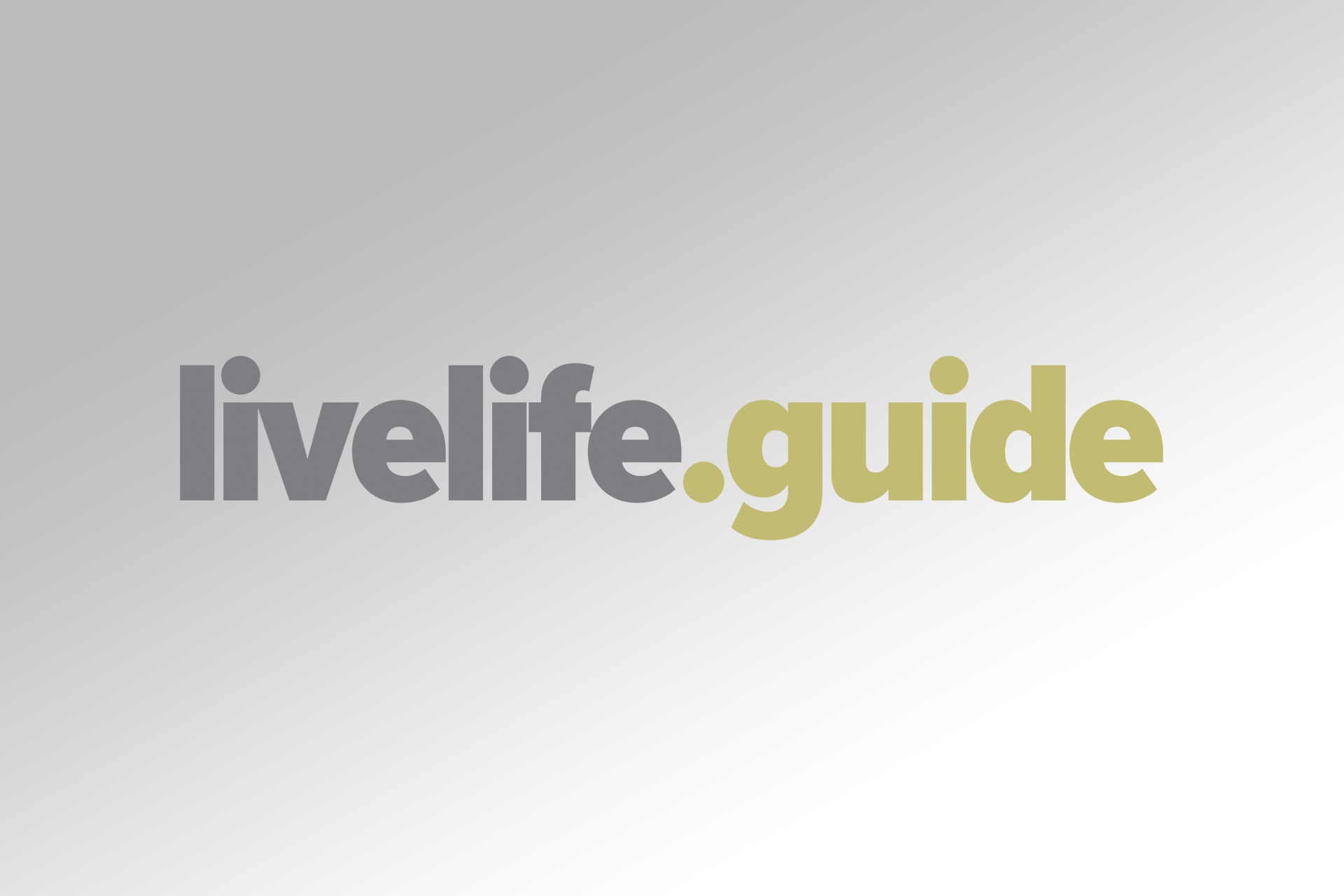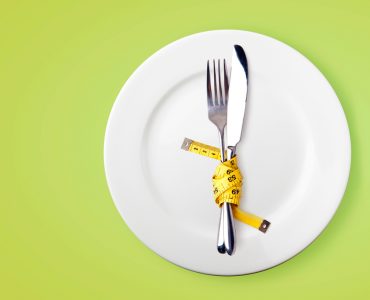A low protein diet is a medical diet, which treats specific conditions by limiting the protein consumed by participants. Dieticians recommend that low protein diets only be followed under a doctor’s supervision. These types of diets are often prescribed for those suffering from kidney or liver disease since protein intake can force these organs to work harder than they might be able to in those with chronic conditions.
The average healthy individual should partake of about 40-60 grams of protein every day, but many people actually consume much more protein than the recommended amounts. Too much protein can be almost as detrimental as too little, since it carries a risk of putting too much of a workload on the kidneys, eventually causing kidney problems in previously healthy individuals.
While low protein diets are reserved for medical reasons, dieticians advise that most people would be well served if they attempted to follow a limited protein diet. Limiting ones protein intake is likely to improve the health of their kidneys and livers, and their cardiovascular fitness as well.
Low protein diets consist of limiting the protein in one’s daily diet to 4-8%, participants still eat a daily allowance of protein from either animal or vegetable sources. They simply try to eat much less of it, by making vegetables the main component of their meals and using meat as a small addition.
Participants in these diet plans often have to add some additional calories to their diets in order to avoid a diet that is too low in calories to be healthy. Most dieters following a low-protein diet are also encouraged to limit their salt consumption since excessive salt can have detrimental effects on the kidneys or liver.
Low protein diet

Let us know if you liked the post. That’s the only way we can improve.








